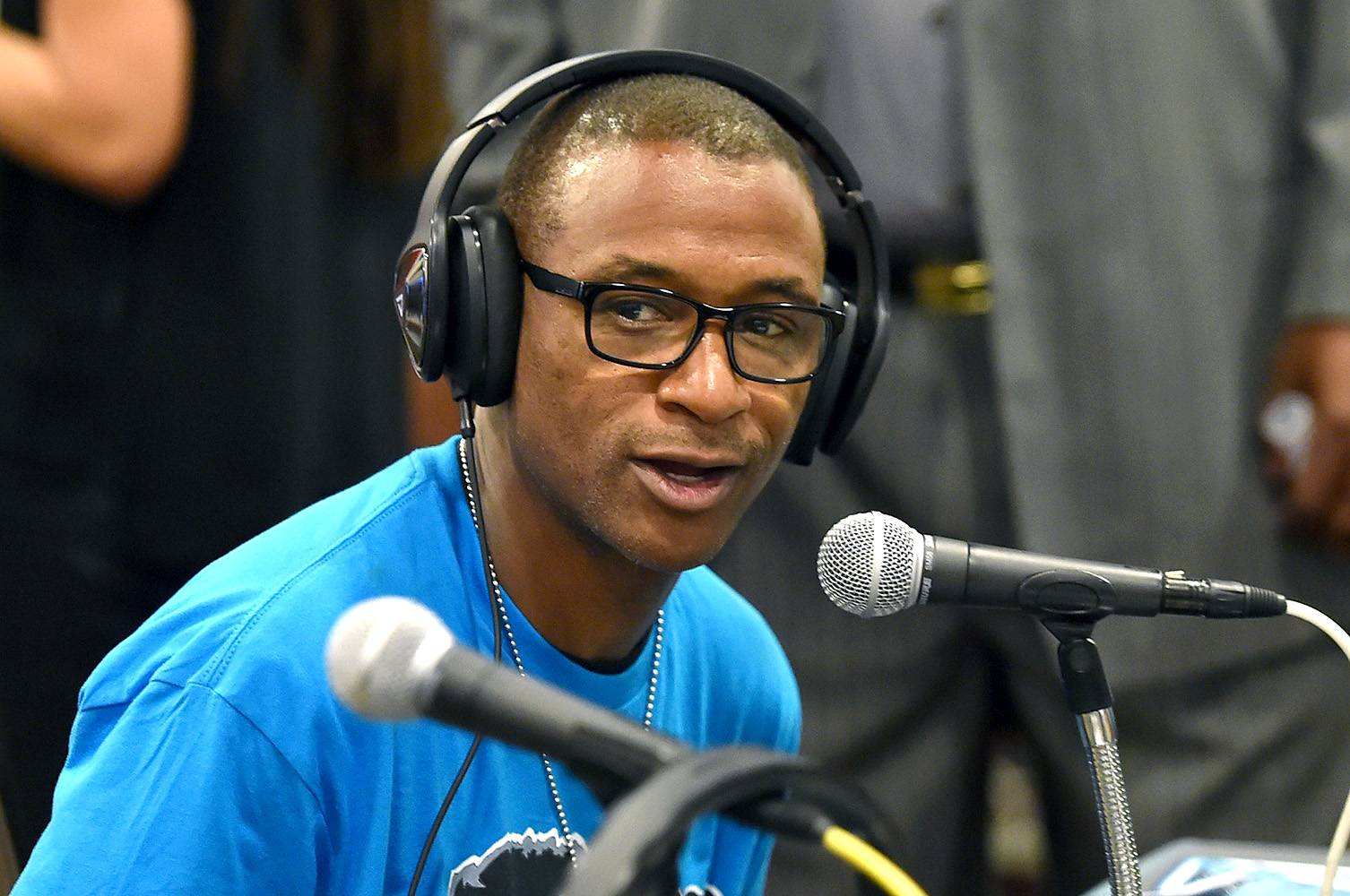Defense Expert: Jackson Gave Himself Anesthetic

An anesthesia expert testifying for the doctor charged in Michael Jackson's death told jurors Friday he believes evidence and test results show the pop superstar gave himself a fatal injection of an anesthetic.
Dr. Paul White said the self-injection theory is the only one supported by the physician's statement to police and by all the evidence found at Jackson's rented mansion.
White said he saw no evidence supporting the prosecution theory that Jackson's doctor, Conrad Murray, was infusing the singer with propofol using an IV.
The researcher said the evidence recovered in Jackson's bedroom was more consistent with the singer receiving the powerful anesthetic through an injection. He said he believes Jackson somehow gave himself a 25-milligram dose of the drug between 11:30 a.m. and noon on June 25, 2009, when Murray found the singer unresponsive.
White — the defense's strongest witness and likely its last — will undergo cross-examination Monday. His testimony is expected to be vigorously challenged by prosecutors, who spent four weeks laying out their case that Murray is a greedy, inept and reckless doctor who was giving Jackson propofol as a sleep aid in the singer's bedroom.
Propofol is not intended as a sleep aid and, medical groups say, should be administered only in a hospital or surgical setting with advanced monitoring equipment.
White's testimony directly contradicts the theory by his colleague and collaborator, Dr. Steven Shafer, who testified for the prosecution. Shafer told jurors he believed Jackson's doctor used an IV drip of propofol and said that was the only way to explain the high levels of the drug found in the singer's body.
Shafer ruled out the self-administration theory during his Oct. 20 testimony, saying Jackson was asleep and the theory the singer could give himself the drug was "crazy."
But White noted there were no IV bags or lines found in Jackson's bedroom that showed propofol residue throughout the entire line. He also said the levels of propofol found in Jackson's urine did not support the IV theory.
Murray has pleaded not guilty to involuntary manslaughter.
White's testimony was expected to end Murray's defense case after 16 witnesses. Cross-examination was delayed until Monday to give prosecutors more time to review a new analysis prepared by the defense based on recently conducted tests of samples taken during Jackson's autopsy.
White told jurors he saw no evidence that Murray left Jackson on an IV drip of propofol when he left the room and returned to find the singer unresponsive.
He said the singer would have had to lie completely still to keep from disturbing the bottle under that scenario, and he has never heard of anyone using an IV saline bag to suspend a bottle of propofol for a drip.
White noted all bottles of the drug come with a tab on the side, which can be used to hang them from an IV stand.
One of Jackson's bodyguards reported seeing a bottle of propofol in a saline bag when he responded to the singer's bedroom after Murray summoned for help. A coroner's investigator said she found an empty propofol bottle inside an IV bag among several bags of items containing medical equipment and several drugs in Jackson's closet, but she did not photograph the bottle in the bag.
White said under Shafer's IV administration scenario, the propofol bottle would have had to run dry right at the moment of Jackson's death.
White performed clinical studies of propofol for years before it was approved for usage by the Food and Drug Administration in 1989.
He initially was reluctant to become involved in the Jackson case. But White said that after reading more than a dozen expert reports, he couldn't figure out how others came to the conclusion that Murray would have had to leave Jackson on a propofol IV drip for the singer to die with the anesthetic still coursing through his body.
(Photo: AP Photo/Paul Buck)





